Wednesday, April 26, 2023
Welcome back friends to Education (financial) Wednesdays on my B.R.E.A.T.H.S. blog. For this month, I am holding this space to share my financial education journey in the year which has been drastically different from how I managed my finances in the past. I realized with the recession we are in that now is the best time to get started on readjusting everything I know about financial literacy and each week this month I will be sharing with you the strategies I have learned. The first week, I shared about a book I came across last year called, “Profit First,” by Mike Michalowicz, and it helped me completely change my money management. The second week, I shared my budgeting strategies from the past and present. Last week, I shared some of my favorite money mindset resources in books, podcasts, YouTube, and courses. This week I will be discussing how to take small steps towards financial freedom by paying yourself first, starting an emergency savings, and paying off debt.
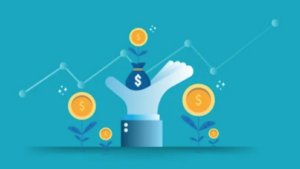
Paying Yourself First
Sure, we get a salary for doing our jobs, but do we just work to survive or are there better ways to manage our time and money? Of all the advice I have learned about managing money, paying myself first is at the top of the list. Before I pay bills, pay off debt, or set up an emergency savings, I need to make sure I am setting money aside to pay myself before I pay anything else. Don’t know if you have any money left over to do this, then start with small incremental steps like a dollar a week for a month, then maybe two dollars a week, or if you can, try saving 1% of each paycheck. After each quarter, increase the amount you pay yourself.
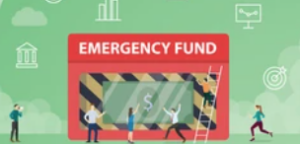
Building an Emergency Fund
After the pandemic hit a few years back, many families relied on their emergency savings to survive, which should be about 6 to 12 months of their monthly income. Some families didn’t have the emergency fund to fall back on but now understand the benefits of building one. Just like paying yourself first, begin with small incremental steps to start saving.
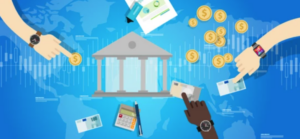
Open a New Credit Union Savings Account
The best way for me to build an emergency fund is by opening a separate bank account at a credit union that is in my local area but with a degree of difficulty to access (out of sight out of mind). I like credit unions because they have lots of good deals for members including free financing resources. Each month, I send a mobile paycheck from my main checking account at a larger bank to that savings account at a credit union in incremental chunks so I can keep money there for exactly what it is intended, emergencies.
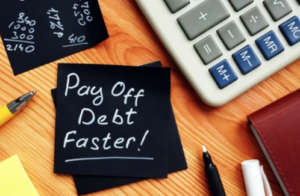
Paying Off Debt
Now that we are paying ourselves and saving, we can focus on paying down the debt. There are two recommended ways of doing this on your own: 1) paying off debt with the highest interest first or 2) paying off debt with the highest amount owed. It is best to calculate which method would save you the most money in the long run. There are also debt resolution companies, consolidation loan companies, and bankruptcy lawyers that can assist you if you have really large amounts that are difficult to pay down yourself.
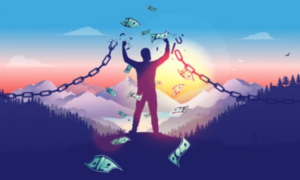
Conclusion on Small Steps Towards Financial Freedom
Taking small steps towards setting money aside for things I want, things I need, and knocking out my debt one at a time will help me manage my money better. The ultimate goal is learning to pay myself, repairing debt, increasing credit score, and paying for things with cash as opposed to credit cards. I may not be able to pay very high amounts, but a little at a time will compound, and my financial freedom will be that much closer.
Thank you for reading,
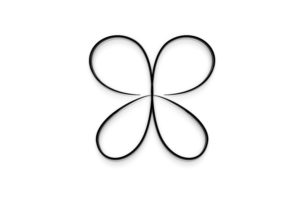
Dr. Jaime Brainerd, E.d.D.


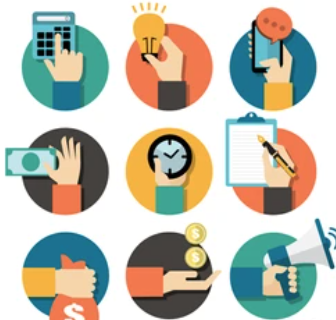
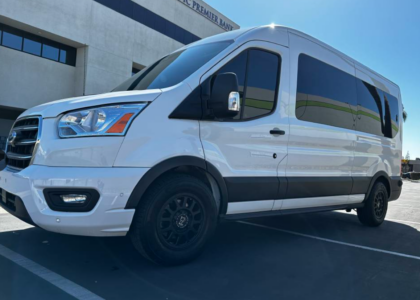
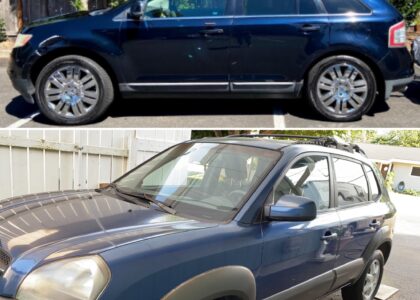
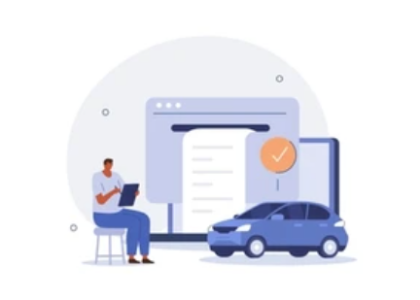
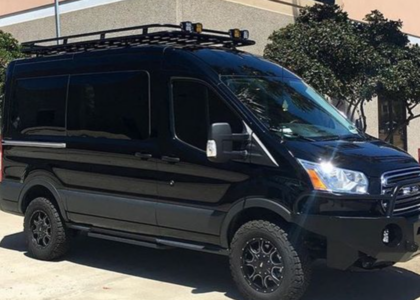
Thanks for sharing! This is really good information and extremely helpful for entrepreneurs. Good luck in the UBC.